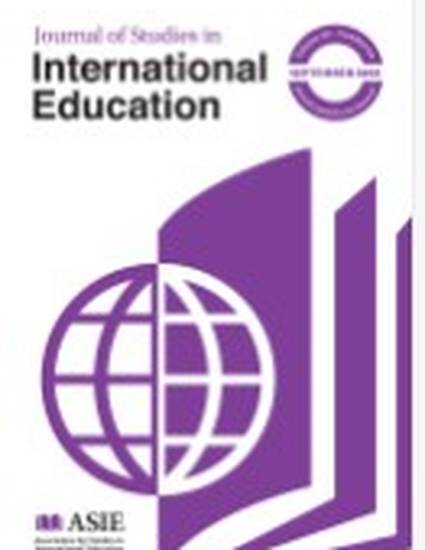
Article
Applying Mixed Methods Research in Large-scale Programs – Tracing the Long-term Outcomes of Development Scholarship Alumni
Journal of Studies in International Education
(2022)
Abstract
Over the past 30 years, mixed methods research has become an increasingly popular tool in the social sciences. Mixed methods research can capture a diverse range of perspectives and levels of complexities not always possible with the use of a single methodological approach. It has been effectively implemented in a range of contexts to explore program outcomes and investigate research questions. This paper explores the application of a mixed methods approach in the evaluation of large-scale, long running international development scholarship programs. The particular focus is on a project implemented to consolidate evidence relating to the long-term outcomes of alumni who completed higher education in Australia as part of an Australian development scholarship. In reflecting on five years of implementation, the paper describes the benefits, complexities and challenges of this approach, with the aim of informing others embarking on large-scale, long-term program evaluations.
Keywords
- Alumni,
- Case studies,
- Development education,
- International aid,
- Higher education,
- Multimethod techniques,
- Research methodology,
- Scholarships,
- Surveys,
- Australia Awards Global Tracer Facility (GTF)
Disciplines
Publication Date
September, 2022
DOI
https://doi.org/10.1177/10283153221126246
Citation Information
Jo Doyle, Daniel Edwards and Amanda Haddow. "Applying Mixed Methods Research in Large-scale Programs – Tracing the Long-term Outcomes of Development Scholarship Alumni" Journal of Studies in International Education (2022) ISSN: 1552-7808 Available at: http://works.bepress.com/daniel_edwards/210/
